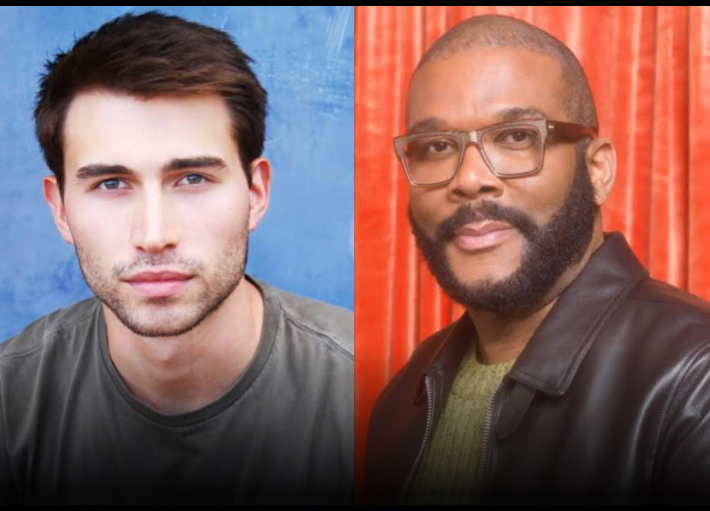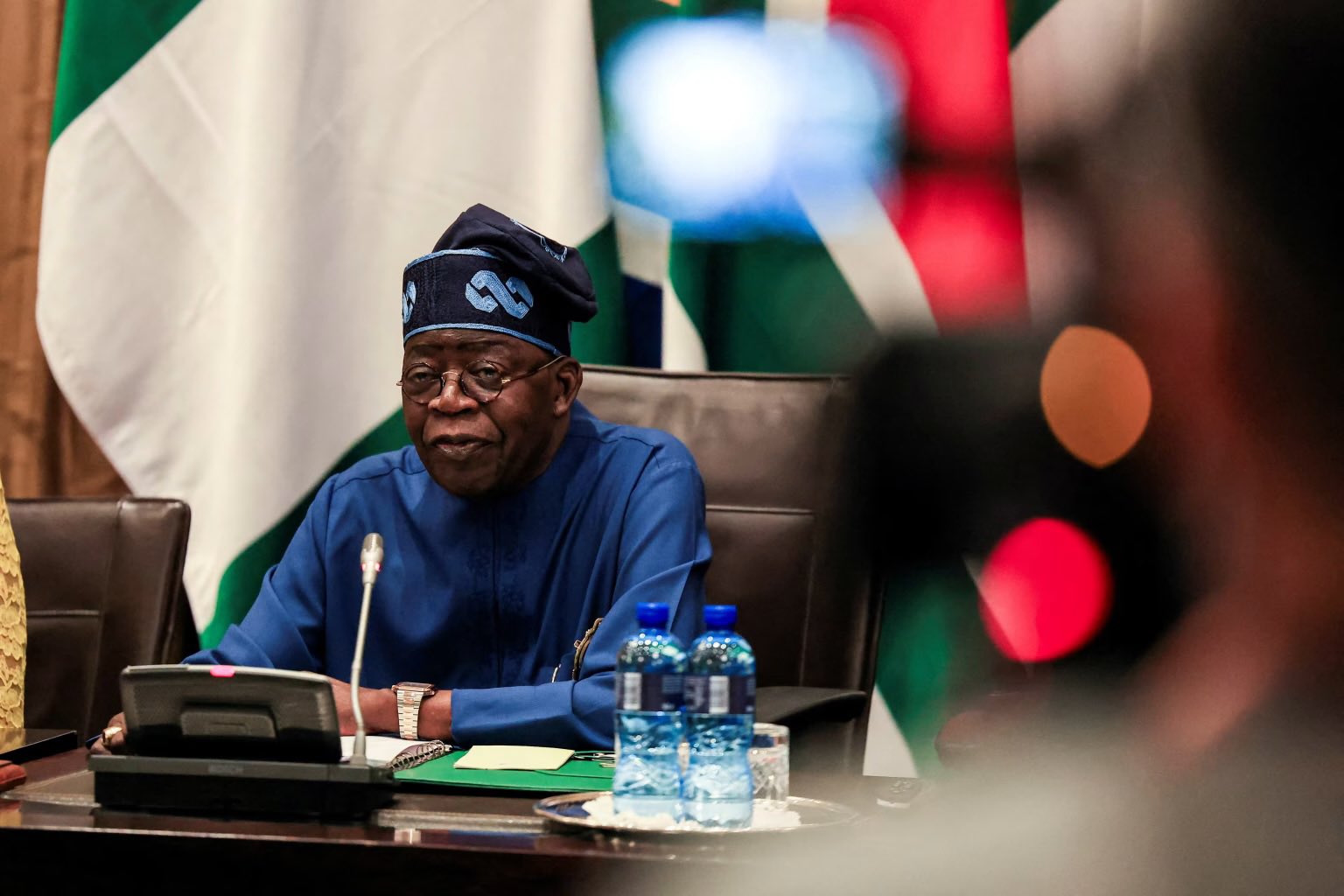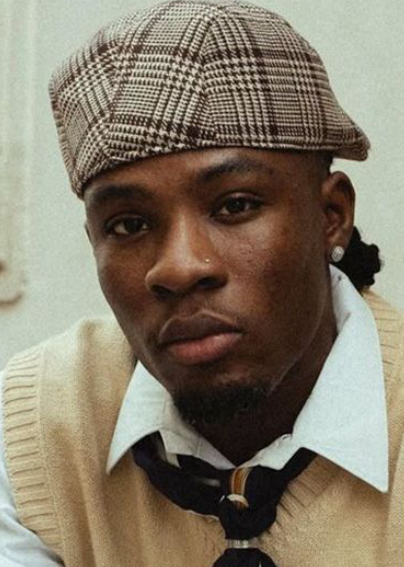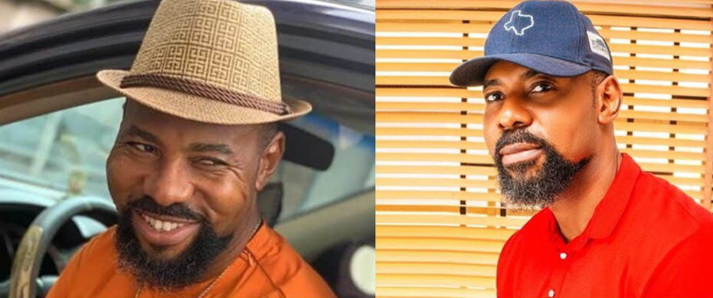
Tyler Perry Rocked by Explosive Harassment Claims as Derek Dixon Takes Allegations to TV

The quiet hum of Hollywood was rattled once again as long-simmering allegations against celebrated filmmaker and entertainment mogul Tyler Perry were thrust into the national spotlight when actor Derek Dixon took his story to television. In a highly publicized interview aired by ABC News on September 9, Dixon opened up about the harassment lawsuit he filed earlier this year, detailing experiences that he says left him shaken, silenced, and ultimately determined to speak out despite the risks to his career. His lawsuit, demanding $260 million in damages, is one of the most significant claims Perry has faced in his decades-long reign as one of Hollywood’s most powerful figures, and it is beginning to draw widespread public scrutiny.
Dixon, best known for his role in Perry’s television drama The Oval which aired from 2021 to 2025, did not hold back in his televised interview with anchor Linsey Davis. Recounting the first alleged incident that occurred at Perry’s home in January 2020, Dixon described an evening that began innocently with drinks but ended in what he says was an unwanted advance by the billionaire filmmaker. “I got into bed and then I noticed that he climbed into bed with me as well and started rubbing my leg,” Dixon explained. “I jumped up out of bed.” For Dixon, the moment crystallized the power imbalance and sense of vulnerability that he says would define much of his professional relationship with Perry going forward.
The lawsuit is built on allegations of repeated unwanted advances, sexually explicit messages, and inappropriate touching. Dixon says he met Perry at a studio event in 2019, where the filmmaker allegedly showed early interest in him after asking if he was an actor. “And he said, ‘Yes you are. I can tell,’” Dixon recalled. That moment would eventually lead to professional opportunities, but Dixon now says it also opened the door to exploitation. He claims that Perry continued making unwanted advances in the years that followed, including another incident in 2021 when he alleges he was groped by the filmmaker.
The explosive nature of Dixon’s lawsuit lies not only in its detailed allegations but also in its timing. Perry, a towering figure in Hollywood with a reputation for building a billion-dollar empire while breaking barriers for Black filmmakers and actors, has rarely faced public scandals of this magnitude. While Perry’s legal team, led by attorney Matthew Boyd, has categorically denied the allegations, dismissing them as fabricated attempts at extortion, Dixon remains resolute in his decision to go public. “This is an individual who got close to Tyler Perry for what now appears to be nothing more than setting up a scam,” Boyd countered. “But Tyler will not be shaken down and we are confident these fabricated claims of harassment will fail.”
Despite the strong denial, the case has reignited conversations about the culture of silence in Hollywood, particularly surrounding the treatment of male actors. Dixon insists that the shame and fear of retaliation kept him from speaking out earlier. “All those years of trying to be an actor would just go up in smoke… I was too afraid to come forward. I knew it would be awful. And I was right,” he told The Hollywood Reporter in a July interview. That fear, he says, is what predators often count on to ensure their behavior remains hidden.
The allegations also connect, albeit indirectly, to previous whispers in Hollywood. Dixon has linked his experience to a 2023 account shared by fellow actor Christian Keyes, who claimed to have been abused by a “Black Hollywood billionaire.” Although Keyes’ representatives have declined to comment on Dixon’s claims, the parallel has fueled speculation and amplified the discussion. Dixon insists that his decision to file suit and go public is not only about his personal experience but also about protecting the next generation of performers. “Everyone deserves to go to work and do their job without their boss trying to have sex with them,” he told ABC News. “My goal is to help ensure that the next generation of actors and creatives don’t have to choose between their dreams and their dignity.”
The $260 million lawsuit adds a significant legal and financial dimension to what is quickly becoming a reputational crisis. Perry, known for his fiercely loyal fan base and commanding influence in Hollywood and beyond, is being forced to defend himself not only in court but also in the court of public opinion. His empire, which includes a sprawling Atlanta studio, hit films, and beloved television series, has long been seen as a beacon of opportunity for Black talent in an industry where such opportunities are notoriously limited. Dixon’s allegations, however, cast a shadow over that image, forcing audiences and industry peers alike to grapple with uncomfortable questions about power, privilege, and abuse.
The ABC News interview is already being hailed as a watershed moment in the unfolding case, giving Dixon’s allegations a platform far beyond court documents and industry trade publications. For some viewers, his raw and emotional recounting of events underscored the human toll behind legal filings and press statements. “Unless someone has been through something where they have their control over their bodies taken away you don’t really understand the kind of feelings that you get in that moment,” Dixon said during the interview, his voice breaking at times. Those words resonated with many on social media, where reactions ranged from outrage to skepticism, with heated debates playing out across platforms.
Supporters of Perry have pointed to his decades of philanthropy, creative achievements, and reputation as a trailblazer as reasons to doubt the allegations. Others argue that those very achievements make it all the more important to hold him accountable if the claims are true. The case touches on broader cultural dynamics, including the difficulty men face in coming forward with claims of harassment, particularly in industries dominated by powerful figures whose influence can make or break careers. Dixon’s courage in speaking out, supporters say, may embolden other men in Hollywood to share their own experiences.
As the legal battle unfolds, the entertainment world will be watching closely. The outcome could have far-reaching implications not just for Perry’s career but also for the culture of accountability in Hollywood. Lawsuits of this scale and visibility often set precedents, both legally and socially, influencing how future allegations are handled and how much weight is given to claims made against high-profile figures. For now, Perry’s camp remains steadfast in its denial, while Dixon continues to tell his story in the hopes of sparking change.
The clash between two starkly different narratives—one of exploitation and trauma, the other of extortion and fabrication—will likely dominate headlines for months to come. In the meantime, the case has already succeeded in reigniting urgent conversations about power, consent, and the responsibility of those at the top of the entertainment hierarchy. Whether Tyler Perry’s empire weathers the storm or suffers lasting damage, Derek Dixon’s decision to step into the spotlight has ensured that his allegations will not quietly fade away.


